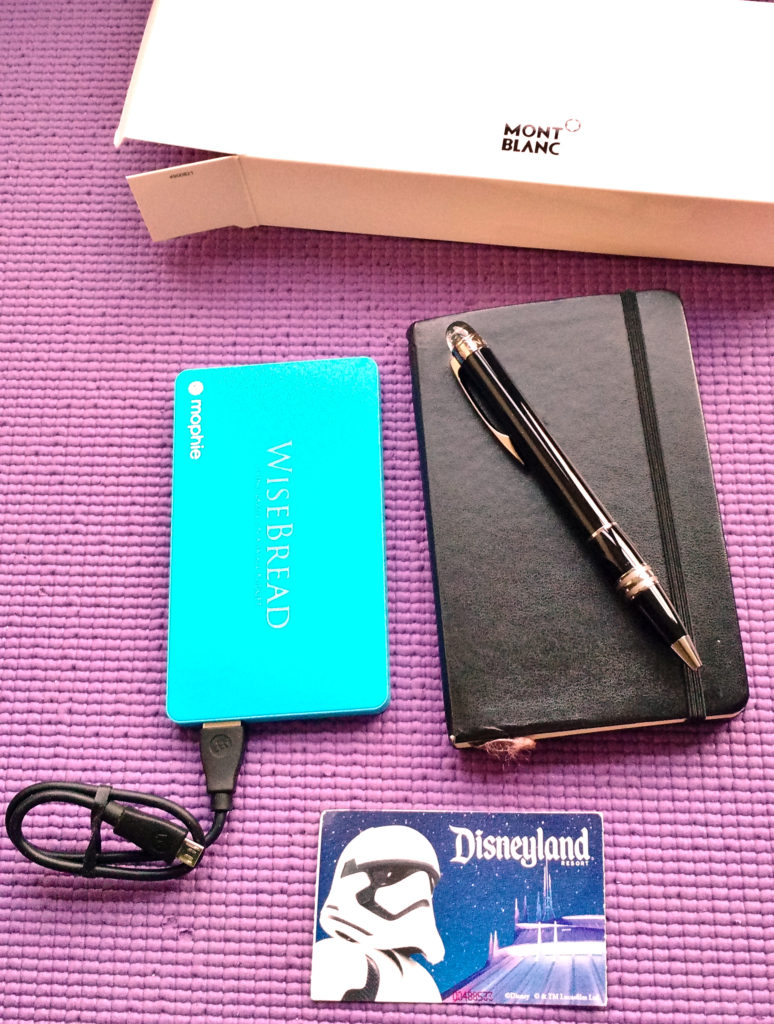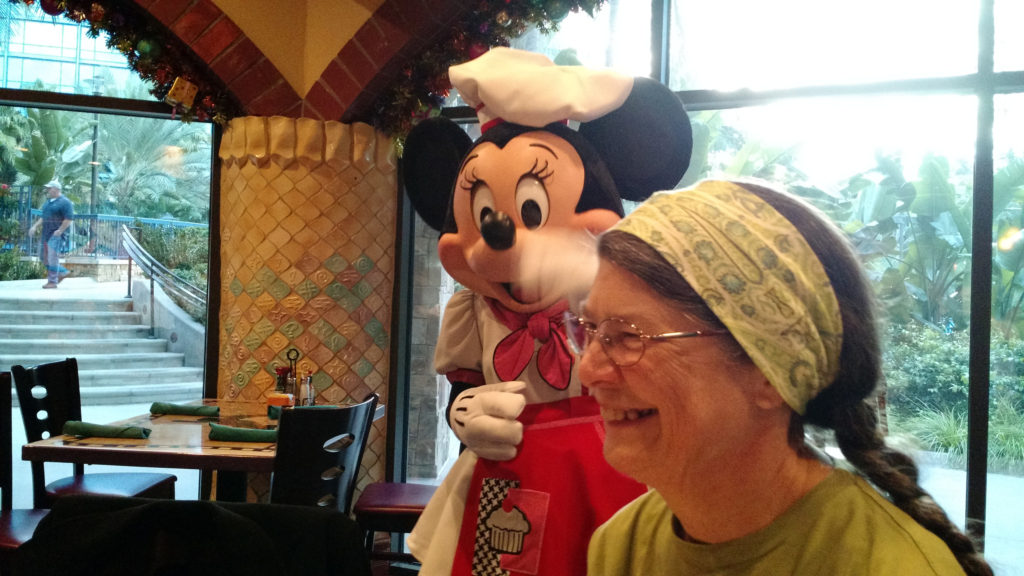After our old apartment complex changed hands, our neighbors spent the whole summer worrying aloud that the new management company would raise the rent.
We declined to join in. I expected the rent to go up, but we had been getting such a good deal for so long, I figured that the rent could go up by 20%, maybe even 30%, and still be competitive.
Then we saw the proposed lease from the complex’s new owner, and went straight from “wait and see” to “let’s find a new place to live.”
You see, the new lease (I almost put the word in scare quotes) was an internet-style agreement. You’ve seen them—you’ve probably clicked through to agree to hundreds of them by now. They’re the ones with these two characteristics:
- There’s a long list of “terms and conditions” that they can change at any time.
- They doesn’t promise that the service they’re providing actually works.
For a broad range of internet stuff—especially stuff that’s free, like an email address or a web tool—a contract of that sort is perfectly reasonable. If someone is kindly letting you use some service for free, it’s fine if they decline to stand behind it, and understandable if they ask you to agree that the service is offered as-is and shouldn’t be relied upon for anything important.
For real-world stuff—especially real-world stuff you’re paying for—signing such an agreement is a terrible idea. Any adult with experience in the real world would know better.
Sadly, young folks don’t have much real-world experience. Worse, the current generation of young folks—having clicked through hundreds or thousands of such contracts—see them as normal.
I bring this up now because the new management company’s so-called lease was my first instance of such a contract for a real world thing.
An Internet-Style Apartment Lease
They raised the rent of course; this was not a surprise—and would even have been okay. But the proposed lease was an internet-style agreement. That was a deal breaker for us.
They Can Change the Terms and Conditions
A lot of internet-style contracts allow the other party to change the terms and conditions at any time, just by updating a document on some website.
This is fine for certain kinds of things, such as an internet service. Specifically, it’s acceptable for any service where you engage in individual transactions. Maybe it’s a video service where you pay $x to stream a video one time. Maybe it’s a service that will print your photo on a t-shirt or a coffee mug for $y. If they change their terms in some way that makes the service no longer attractive, you can just quit ordering.
It’s even true of a service with a subscription format, as long as you can cancel the service at any time. An example might be a service where you get to listen to unlimited music for $z a month. If they change the terms so that it costs too much, or they put limits on the music (or they lose access to the music you most want to listen to), you can just cancel.
Where it becomes completely unacceptable is when it’s a longer-term contract you can’t just cancel, such as a lease.
The contract the management company wanted us to sign said that they could change any of the terms at any time. If we didn’t like it, we’d have 30 days to move out.
That’s not a lease at all! The whole essence of a lease is that I know that I have an apartment I can live in for a year, and I know what I’d have to pay.
This is more like month-to-month renting, where I have to be ready to move out at any time. Except that it’s worse than month-to-month renting, because I’m committed for the full duration of the lease.
In fact, it’s even worse than that—the plain terms of the contract would allow the apartment company to change the duration of the lease as well: They could have come back the day after we signed and said, “We’ve tripled the rent. Oh, and we’ve also changed it from a 1-year lease to a 99-year lease: You have to pay for the rest of your life.”
I doubt if a court would tolerate such a thing, but I’m not going to sign a lease with unacceptable terms and hope that the court will take my side.
They Make No Promises
The other thing that’s common in internet-style contracts is that the party offering the service doesn’t promise anything.
That’s perfectly reasonable for a free service. If a company offers to let me use their cool thing for free, I’m fine with clicking through an agreement that says that they don’t promise that the thing even works and don’t promise to fix it if it breaks.
You know where it’s really not reasonable? In an apartment lease.
The whole point of an apartment lease is that you give them some money every month in exchange for a habitable place to live. They promise to keep it habitable if stuff breaks (you promise to pay for anything you break), and when the term is up, you return the apartment in the same condition you got it, except for normal wear and tear.
The contract the new management company wanted me to sign specifically said that they didn’t promise the apartment would be habitable. They also specifically didn’t promise that it would have any appliances, nor that they’d fix them if they broke.
They would have been within the terms of the lease to show up one day and take down the doors and windows, pull out the fridge and stove, shut off the heat and water, and drain the pipes. (It would probably have been illegal, but it wouldn’t have violated the lease.)
I saw this coming some time ago, and have written about it before. (Specifically, in a post called Reject Variable Terms and Conditions that I wrote for Wise Bread back in 2009.) I didn’t expect that I’d start seeing them in apartment leases this soon, though.
No sane person would sign such a contract—unless they’d been trained by click-through internet contacts that such terms were normal.
An internet-style contract is fine for an internet service. It’s even fine for a real-world service that’s not critical to your life or your business, as long as you can cancel it at any time.
It is not fine for anything you depend on. And it’s never fine for a contract that they can change but that you can’t cancel.
We looked around for a new place to live, and found one easily—one with a real lease.
Other Issues
Most of the above is an edited version of an article I originally wrote for Wise Bread, but that the editors didn’t want. For the Wise Bread article, I was focusing on internet-style agreements and why they’re bad for real-world stuff. The rest of this post is just a short description of the other reasons we decided to move. There were two of them.
First, they were going to start charging separately for utilities that had been included in the rent. This is something that I’d be fine with in theory—we probably use less heat and water than average. Except that heat and water were not metered per apartment. Without actual per-apartment numbers, the plan was for the complex to charge us made-up numbers. (They had hired company to make up the numbers for them, supposedly by allocating the complex’s actual costs to apartments by size. But there was no transparency, so I stand by my characterization of the charges as being made-up numbers.)
Second, they were also going to start charging extra every month because we have a cat. (We had already paid an extra pet deposit to cover any damage the cat caused, including a non-refundable part to pay for a more extensive cleaning.)
All told—higher rent, made-up utilities cost, cat rent—the increase would have been several hundred dollars—something like a 50% increase to our monthly housing cost.
We might even have paid that, to avoid the hassles of a move. But we weren’t going to sign an internet-style not-really-a-lease agreement.





